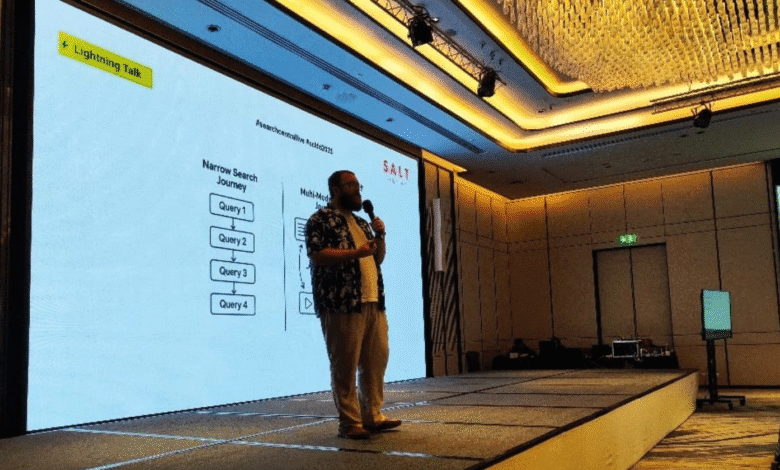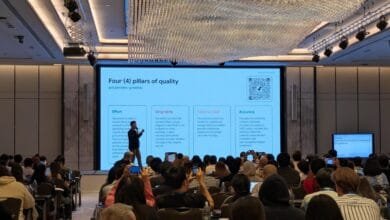Boost Search Success with Valuable Experience Forecasting

▼ Summary
– Content often focuses on listing features rather than showing their real-life impact, leading readers to disengage.
– Experience forecasting helps readers mentally rehearse using a product by painting vivid, sensory-rich scenarios.
– AI-driven search results require standalone, benefit-focused sentences to maintain nuance and context when extracted.
– Guiding users through exploratory queries with engaging scenarios builds trust and shapes their intent.
– Strong forecasting relies on purpose, expertise, and originality to create compelling, evidence-backed narratives.
Creating compelling content requires more than just listing features, it demands painting a vivid picture of how those features transform real-life experiences. When readers can mentally step into the benefits, engagement deepens, and interest grows. This approach, known as experience forecasting, bridges the gap between what a product offers and how it improves daily routines.
Search engines now prioritize AI-generated snippets that pull key passages from content. Without context, these excerpts risk losing their impact. To stand out, every sentence must work independently, hinting at outcomes rather than just summarizing facts. Headlines should tease benefits, while meta descriptions act as mini-narratives that spark curiosity.
Experience forecasting turns abstract features into relatable moments. For a travel site, instead of stating “guided tours available,” describe wandering through Barcelona’s Gothic Quarter, uncovering hidden plazas, and savoring tapas as the Mediterranean sun sets. For software, illustrate logging in to find overdue invoices handled automatically, saving hours of manual work. These scenarios tap into sensory details and emotions, making the value undeniable.
Many searches begin with uncertainty, questions like “how to plan a trip” or “best tools for remote teams” signal exploration. A dry list of features won’t hold attention. Instead, guide users with a vision of success: imagine strolling Rome’s cobblestone streets with a tailored itinerary balancing iconic sights and local gems. Meeting readers at this stage builds trust and refines their intent.
Compare these two approaches for a hotel:
- Basic: “Luxury Amalfi Coast stay with free breakfast.”
- Forecasted: “Wake on your private balcony as sunlight dances on the Tyrrhenian Sea, savor Italian espresso while planning the day’s adventures, then indulge in a breakfast of flaky pastries and local cheeses, fuel for exploration.”
Even if an AI snippet extracts just “savor Italian espresso while planning your morning adventure,” the phrasing retains its allure. Specific details like “private balcony” or “locally sourced cheeses” broaden semantic reach, capturing niche queries and driving conversions.
Experience forecasting strengthens every funnel stage:
- Awareness: Spark curiosity with narratives like “Imagine your team collaborating seamlessly from anywhere.”
- Consideration: Validate decisions with case studies: “Acme Corp cut project delays by 30%.”
- Conversion: Reinforce rewards: “Free cancellation, plus average savings of $5,000/year.”
Effective forecasting relies on three pillars:
- Purpose: Address clear user needs upfront.
- Expertise: Back claims with data, quotes, or real-world proof.
- Originality: Avoid clichés; highlight unique differentiators.
Before publishing, ask:
- Is the problem framed in relatable terms?
- Does each paragraph help readers visualize outcomes?
- Are claims supported by evidence?
- Does the angle stand out from competitors?
- Can section openers make sense alone?
As search evolves, so must content. Transport readers into tangible scenarios, back assertions with proof, and ensure every sentence helps them envision success. Words crafted as experiences drive clicks, conversions, and lasting connections.
(Source: Search Engine Journal)



